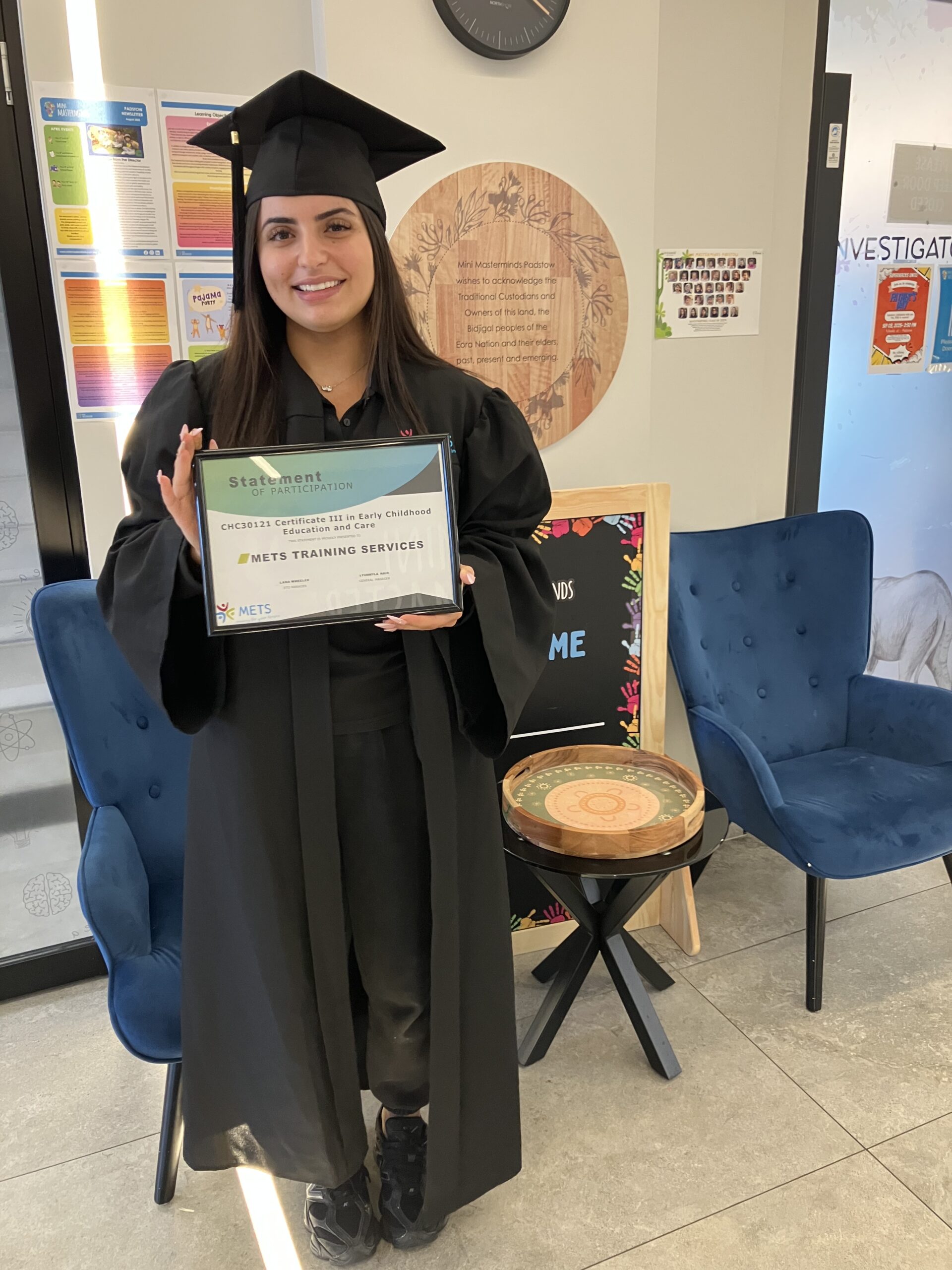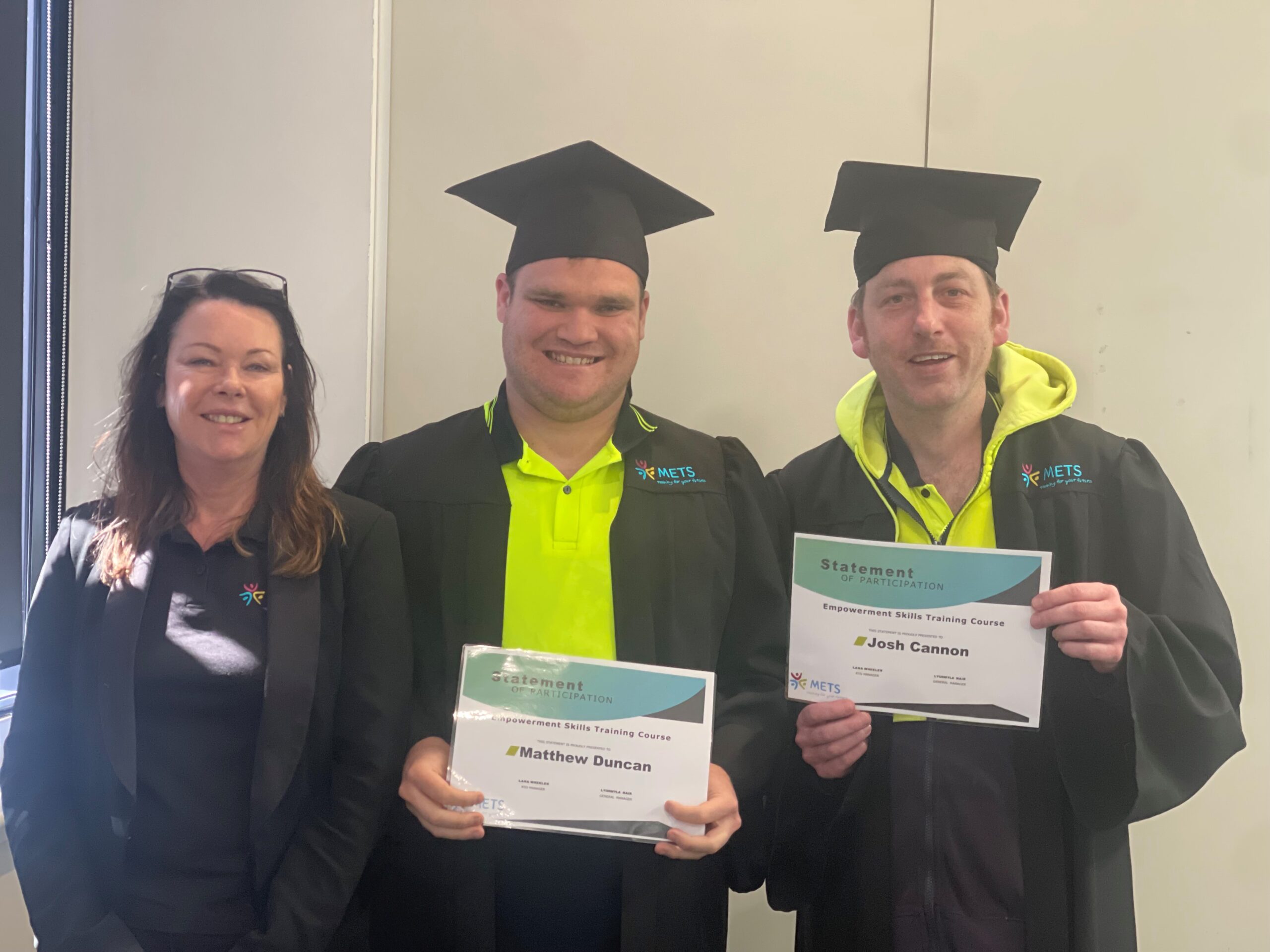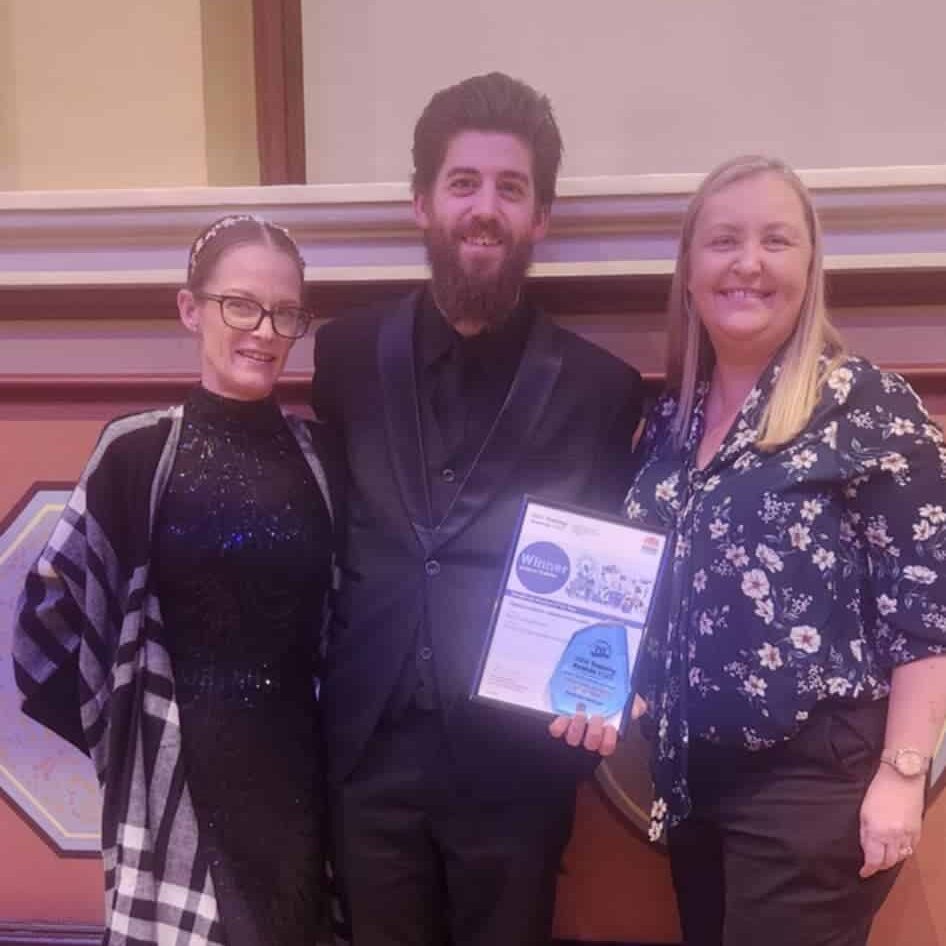Recognition of Prior Learning, commonly known as RPL, is a way to turn your existing skills and work experience into a nationally recognised qualification. If you’ve spent years working in a trade, office, or professional setting without a formal certificate, RPL can help you gain credit for what you already know.
This process is especially helpful for skilled workers, migrants with overseas qualifications, or anyone who has learned on the job but hasn’t had the chance to study formally. By recognising your hands on experience, RPL can help fast track your career, reduce the need for extra study, and open doors to new opportunities.
But getting through the RPL process isn’t just about having experience. Knowing how to apply properly and avoid common mistakes is key to making things run smoothly and getting approved without delays.
What Is an RPL Assessment?
An RPL assessment is a formal way of recognising the skills and knowledge you’ve gained through real life work experience. Instead of sitting in a classroom, you show that you already meet the requirements of a qualification based on the tasks you’ve done on the job.
The purpose of RPL is to give credit for what you already know, whether you learned it through employment, volunteering, or previous training. It’s not about testing what you’ve memorised it’s about proving what you can actually do in a work setting. This makes RPL a practical and efficient option for people who’ve built up valuable experience over time.
How the RPL Process Works
Step 1: Initial consultation or eligibility check
You’ll usually start with a quick chat or form to see if RPL is right for you. This step helps confirm whether your experience matches a nationally recognised qualification.
Step 2: Choose a relevant qualification
Based on your background, the RTO will help you select the most suitable course. It’s important to choose one that closely matches the work you’ve done.
Step 3: Submit evidence of your experience
You’ll gather documents like references, job descriptions, payslips, and work samples. These show your hands on experience and how it aligns with the course requirements.
Step 4: Participate in a competency conversation or practical observation
An assessor will speak with you about your experience or may observe you in action. This is to confirm your skills meet the national standard.
Step 5: Receive your nationally recognised certificate if competent
Once your assessor confirms you meet all requirements, you’ll be issued a certificate just like someone who completed the course through study.
What Evidence is Required for RPL?
To successfully apply for RPL, you’ll need to provide evidence that proves your experience and skills match the qualification you’re aiming for. This helps assessors verify what you’ve done in the workplace.
- Resume and job descriptions
These give an overview of your roles, responsibilities, and industry background.
- Work samples
Documents like reports, project plans, emails, or design files can show the quality and type of work you’ve handled.
- Photos or videos
Especially useful for trades or hands on work, visual proof helps demonstrate practical skills and job outcomes.
- References or letters from supervisors
A written statement from a current or former employer adds credibility and gives assessors insight into your role.
- Licences, tickets, or prior training
Any formal credentials you’ve already earned, including short courses or certifications, can support your application.
Benefits of an RPL Assessment
Save time and avoid repeating what you already know
You don’t need to sit through training for skills you’ve already mastered. RPL allows you to skip unnecessary study and focus only on what’s missing, if anything.
Get qualified faster and boost career or migration opportunities
Having a nationally recognised qualification can open doors to new jobs, promotions, or even support your visa or migration goals.
Gain formal recognition without attending full time classes
RPL is ideal for busy workers. You can get assessed based on your experience without needing to commit to months of classroom learning.
Meet compliance and licensing requirements in many industries
In fields like construction, aged care, or transport, having the right certificate is often essential. RPL helps you meet these requirements without starting from scratch.
Common Qualifications Available via RPL
RPL can be applied to a wide range of industries and roles. Some of the most popular qualifications people achieve through RPL include:
Building & construction
Ideal for tradies, site supervisors, and project managers who’ve gained hands on skills over time.
Business & management
Great for team leaders, small business owners, and office managers looking to get certified for their leadership experience.
Hospitality & cookery
Chefs, kitchen staff, and hospitality professionals can fast track their formal training through RPL.
Aged care and community services
Support workers and carers with years of on the job experience can gain nationally recognised qualifications without full study.
Information technology and more
IT professionals, from helpdesk to developers, can have their technical knowledge recognised with formal certifications.
Tips to Prepare for an RPL Assessment
Be organised with your documentation
Gather all relevant documents like your resume, work samples, photos, and references ahead of time. Keeping things in one folder can save you a lot of stress.
Match your experience to the units of competency
Look at the course units and think about how your daily tasks align. This helps you choose the right evidence and explain your experience more effectively.
Be honest and clear during interviews
When speaking with your assessor, stick to what you know and give real examples. Clear, truthful answers make the process smoother and build trust.
Don’t hesitate to ask for guidance
Your assessor or RTO is there to support you. If you’re unsure about what to submit or how to present your experience just ask. They’ll help you stay on track.
Conclusion
RPL offers a smart way to turn your experience into a nationally recognised qualification. It’s especially useful for skilled workers who’ve learned through real world practice rather than formal training.
With the right support and a bit of preparation, the process is simple and rewarding. Whether you’re aiming to boost your career, meet industry requirements, or just gain the recognition you deserve, RPL can help you take that next step with confidence. Ready to turn your experience into a recognised qualification? Get in touch with METS today for a RPL pre assessment.






